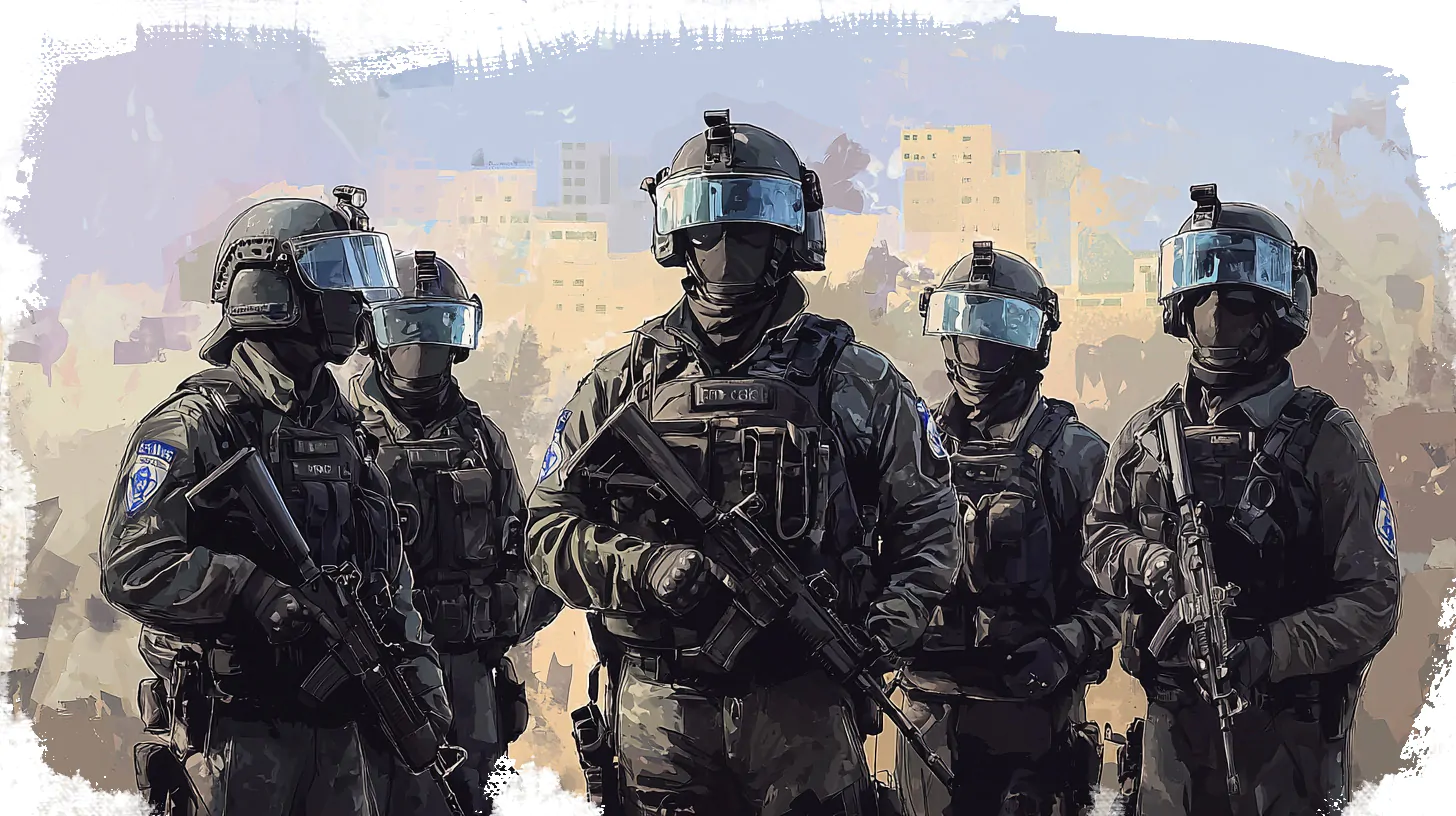One should not feel nostalgic about the positions the USSR used to have in the Middle East: they did not bring it value in addressing the main domestic growth objectives. Today the U.S. is actually making identical mistakes as the USSR did in this region.
The most critical question, on which the fate of the Middle East depends, is the degree of how independent the actions of its main states are. On the Ukrainian example, we see that a real tragedy happens when the state stops defending its interests and becomes just a tool in the hands of a mightier power. By the way, something like that can happen to the entire Europe. But a country, which, unlike Ukraine, thinks of itself and its future, will never take decisions potentially leading to its collapse.
So far, there is optimism about the independence of Middle Eastern countries. Even Israel, which has traditionally had numerous political and business links with U.S., cannot be simply considered a representative of American interests. This explains the irritation the Israeli authorities often cause in Washington. It can be said that dangerous crooks and radicals are governing Israel, but they are not just U.S. stooges. They are different from Kiev’s regime with all its figures being pure executors of American decisions.
Even more so, one cannot say that someone externally controls the actions of leading Arabic countries or Iran. They all take their decisions independently. This creates the main problem for the Americans: the crises currently emerging in the Middle East do not result from U.S. plans but have a life of their own. And this is the most serious challenge for American hegemony claims, like in any group of colleagues where only conflicts serving the manager’s interests can exist.
This fundamental change is associated with the fact that the Americans themselves have lost a good part of their capabilities to control ‘the subordinates’. But it is equally related to the circumstance that the two other great powers are not trying to make Middle Eastern countries blindly act in their interests.
China has been actively participating in the region’s politics. Lately, individual factions of the Palestinian National Movement have signed an agreement in Beijing. Last year, the Chinese could facilitate an agreement on the restoration of diplomatic relations between Iran and Saudi Arabia. Also, Chinese companies are implementing or planning a few major investment projects. But all these measures do not at all mean Beijing is ready or can dictate its will to anyone there.
All the more so, they are not trying to make one of the Middle Eastern countries a mere vehicle for their intentions when it comes to Russia’s policy. In this respect, it is completely different from the way USSR behaved there. Its policy in the region served just one aim: a global confrontation with the U.S. and its allies. In its current actions, Russia also considers this factor but not as an end in itself, but a part of a very broad strategy aimed at building a fairer international order.
USSR was not interested in such an order and did not think much in world politics categories where each state had its rights and obligations. In this sense, its strategy and practical actions in the region looked much similar to what the Americans are currently doing. And they are facing the same issues. From a certain moment, the global hegemony struggle becomes an end in itself and the benefits gained on the way are associated with the country’s overall traction and not with specific prudent decisions.
The U.S. is still a global economic and political powerhouse, one cannot forget it. It also has enormous capacities to influence the media space. All this automatically ensures Washington gets great benefits from any situation. Yet, expenses also increase being passed on to ordinary citizens. This was exactly where USSR got trapped with its policy regarding developing countries in Africa, Asia and Latin America. The U.S. remains the power capable of being the biggest threat. However, this capability became a part of the game played among the countries of the region. And it no longer defines their actions.
The remaining professionalism and cynicism of American diplomats and secret services make things a little bit easier. They are known to engage easily with the most radical and even terrorist movements, often actually creating and supporting them. But even this is not enough with the state policy getting less flexible.
The current U.S. response to Israel’s break-up with its neighbours lasting since October 2023 is illustrative. We see that Washington’s actions are more of a response to what is going on and the spending of resources instead of managing things. It is simply that resources are still abundant. USSR behaved in a similar manner until the crash of its economic leverages to sponsor individual allies directly.
The decisions USSR took regarding the Middle Eastern policy did not have to be based on its own internal political factors at all. Primarily, on the Soviet Union’s multi-confessional and multi-ethnic population diversity. The prevailing idea was that of the new Soviet man replacing the diversity of religions and cultures. This idea restricted the flexibility of foreign political decisions, which should have been based on fewer factors.
First and foremost, Russia is guided by being equally a Muslim and a Christian country. This means Muslims’ aspirations and concerns are reflected in its foreign policy and define it on equal terms with the hopes of other confessions.
The religious and ethnic factor is not that important for Americans. Like in USSR, it prioritises the discreet state interest. Meaning the interest of those currently at the helm of the state and controlling its decisions. This brings the policy increasingly based on what the U.S. wants from the countries of the region rather on what these countries would want for themselves. Unsurprisingly, this results in a gridlock.

